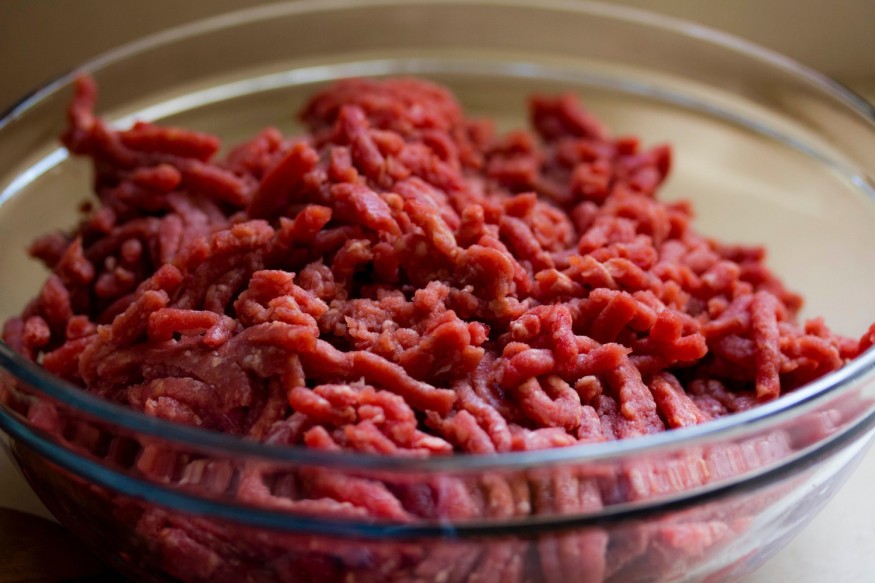Feeding dogs raw meat could pose serious or life-threatening health risks to their owners, according to a new study. Researchers from the United Kingdom said such raw food could contain antibiotic-resistant bacteria, which can cause severe and potentially fatal infections.
The UK researchers' study came as pet food companies reportedly market the food as a trendy diet, which some pet owners believe it would boost their canine companion's energy and lead to an improved fur and stronger teeth.
In contrast, scientists assert dogs that consume raw meat are more likely to release strains of the infamous E. coli (Escherichia coli), a bacterium that lives in the intestine or gastrointestinal tract of humans and some animals, including man's best friend.
E. coli is known for causing various diseases, including the urinary tract infection (UTI). Yet, the greatest risk it poses is not to dogs but their human owners which are susceptible to these bacterial infections. This risk is even aggravated as the bacterium is known for being resistant to antibiotics.
Dangers of Raw Feeding

The dangers brought by feeding dogs with raw meat was explored by the study published in the Journal of Antimicrobial Chemotherapy on Thursday, July 21. The new research conducted an investigation and found there is a connection between adult dogs eating raw meat and excreting the antibiotic-resistant E. coli.
Conducted by researchers from the University of Bristol in England, the new study also supports previous research published in the journal One Health in June 2022; which saw that feeding 16-week-old puppies caried fecal matter with E. coli in the UK due to raw feeding.
Research Data and Methodology
The University of Bristol team used observational study as their method of research for both studies to determine whether or not a dog's age group is a factor for in the meat-borne bacteria.
Both researches recruited a total of 823 dogs and their owners for the first study and 600 adult dogs in the second study. Pet owners also answered a number of questionnaires, as well as revealed about their canine friends' diet, environment, and provided fecal samples from their dogs.
In addition to raw feeding, the UK researchers found the location where a dog lives is also a significant factor for them to excrete the resistant bacteria. In conclusion, they found raw feeding was a strong risk factor for dogs in the rural areas.
Meanwhile city-dwelling dogs or those living in urban areas experience complicated risk factors, potentially due to a multitude of lifestyles and exposure to other city dogs.
E. Coli Bacteria
The World Health Organization (WHO) recognizes the common presence of E. coli located in the lower intestine of warm-blooded living organisms. While most strains of the bacterium are harmless, the organization says it can lead to serious food poisoning as well.
The WHO also note that the resistant pathogen can cause severe foodborne disease, mainly caused by raw or undercooked ground meat products, as well as raw milk and vegetable fecal contamination.
Related Article: Here's Why Chocolates Are Extremely Toxic to Dogs
© 2026 NatureWorldNews.com All rights reserved. Do not reproduce without permission.





